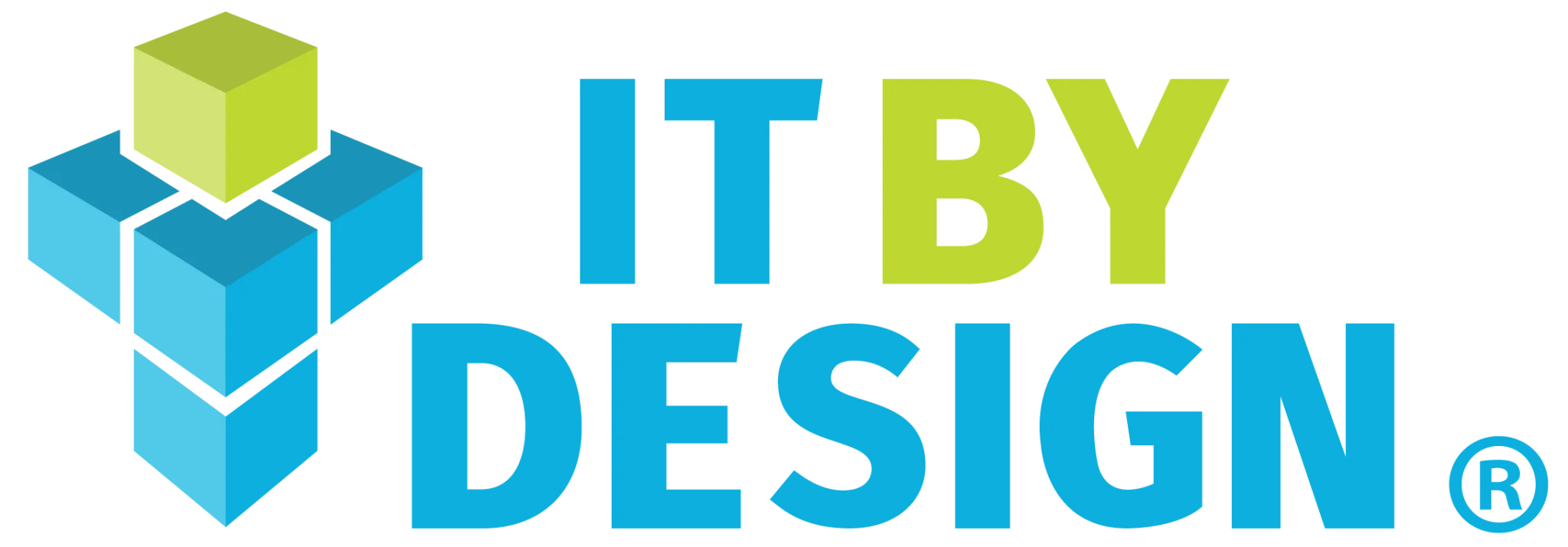
Beth Leonard
Ms. Beth Leonard, Chief Operating Officer (COO) for R3, is an award-winning speaker in her field; frequently invited to both local and international-level industry events to speak about such topics as compliance, governance, quality, and customer satisfaction using industry best practices and standards such as NIST, CMMC, ISO, CMMI, and ITIL.
She is a well-respected executive with over 30 years of IT and Information Security (IS) management, compliance, quality assurance, and process improvement experience across the government contracting and commercial industries and currently oversees all day-to-day operations of a cloud-first MSP, providing businesses with the latest in modern IT, security, and compliance solutions.
She is a Neuroendocrine (NET) Cancer patient advocate and has supported various organizations including providing patient perspective input into the design of a clinical study with the International Neuroendocrine Cancer Alliance (INCA) as well as filming a live educational panel broadcast in conjunction with Carcinoid Cancer Foundation.
Sessions:
In today’s fast-paced, high-stress environments—especially in tech and service-driven industries—IQ might land the role, but emotional intelligence (EQ) is what drives performance, builds trust, and retains talent.
This high-impact session explores how EQ is not just a “soft skill,” but a measurable, coachable leadership advantage that directly influences conflict resolution, decision-making, and burnout prevention. Through real-world examples and practical tools, you’ll learn how to lead with greater self-awareness, empathy, and resilience.
Led by a COO with deep experience in high-pressure leadership roles, this session bridges research with action—equipping you with immediate strategies to grow emotional intelligence in yourself and your teams.
Learning Outcomes:
- Understand the five components of emotional intelligence and their leadership impact.
- Identify personal emotional triggers and apply self-regulation tools in high-pressure moments.
- Improve conflict resolution, decision-making, and communication through empathy.
- Embed EQ into hiring, performance reviews, and team culture.
- Use EQ strategies to build resilient, burnout-resistant teams.


